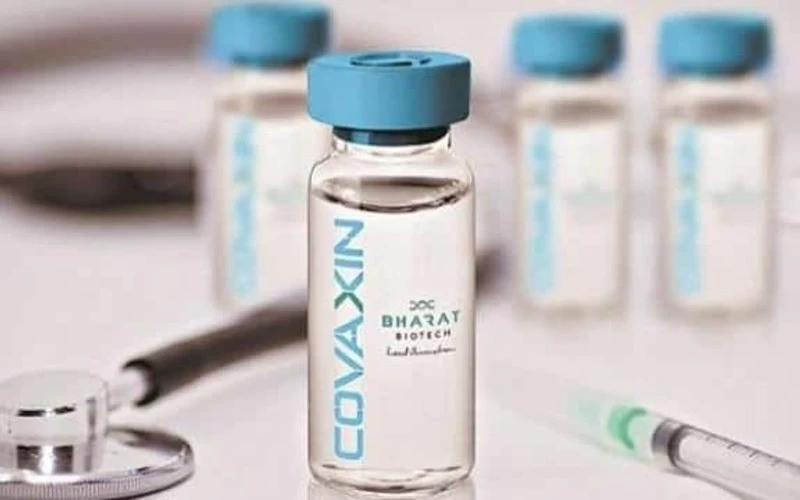New delhi: There is good news about India's only indigenous corona vaccine, Covaccine, because Bharat Biotech's covaccine is going to get WHO approval soon. WHO Chief Scientist Dr. Soumya Swaminathan said that Covaxin, the only indigenous vaccine so far in use in India by the World Health Organization, is likely to be approved for emergency use listing in the next four to six weeks.
During a webinar regarding the accessibility of the vaccine worldwide, Soumyanath said that a process has to be followed for WHO approval. Companies are required to submit their safety data, complete trial data and even construction quality data for approval. Bharat Biotech has already started collecting data and its dossier is being assessed. This is the next vaccine to be reviewed by our committee. A decision will be taken to approve it in the next four to six weeks.
During a recent interview, WHO Chief Scientist Dr. Soumya Swaminathan had praised the trial data of the vaccine and called it good. He said that the results of the trial of Covaccine are satisfactory. Since then, the hopes of getting WHO approval for Covaccine have increased. It has been developed by Hyderabad-based company Bharat Biotech in collaboration with the Indian Council of Medical Research (ICMR).
In an interview to CNBC-TV18, Soumya Swaminathan said that the data from the Phase III trial of the vaccine is good. He has also seen the variants. Overall its efficacy is quite high. Although the effectiveness of the vaccine against the delta variant is low, it is still very good. The scientist further said that the safety profile of the vaccine so far meets the WHO standards.
Bharat Biotech released the data of the third phase of the vaccine trial on Saturday, June 26. It was reported that the vaccine is up to 77.8% effective on people with symptoms. It is 93.4% effective in cases with severe symptoms. However, it proved to be 65.2% effective in providing protection against the Delta variant.


